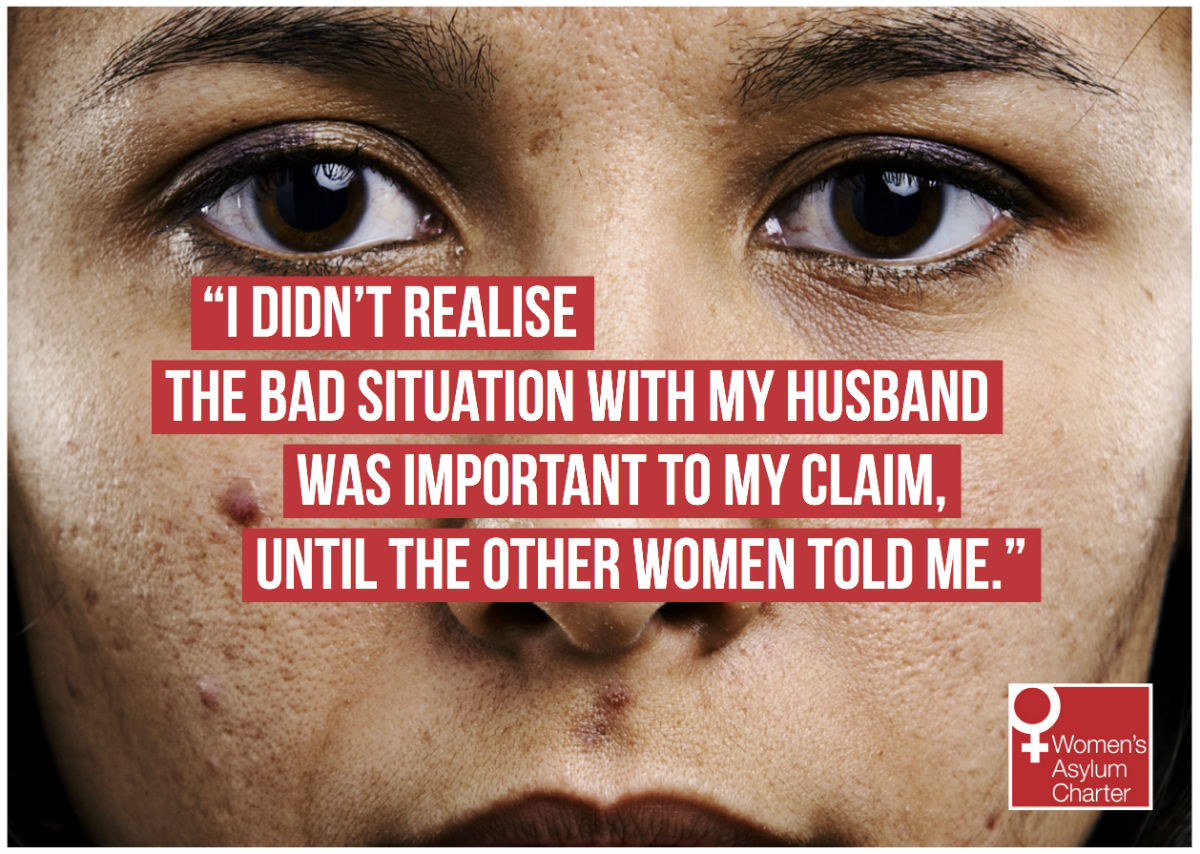
In London last week, the Joint Committee on Human Rights presented Parliament with its report, Violence Against Women and Girls. As before, the report is grim, in particular when it comes to State inaction vis-à-vis domestic violence. The authors of the report describe themselves as troubled and concerned, especially about women asylum seekers and refugees: “We heard particular concerns regarding victims with insecure immigration status, asylum seekers or refugees. These women and girls are often overlooked. Immigration policy is developed separately from policy about violence against women and girls. We urge the Government to address the gap in service provision for women with insecure immigration status and to review the use of the detained fast track process for victims of violence against women and girls.”
The abusive treatment of women asylum seekers who are in abusive relationships is State policy, not the error of overworked or unimaginative staff members. “The gap in service provision” and “the use of the detained fast track process” are not oversights. They achieve their intended goals: render efficiencies at the expense of women whose lives mean less than nothing to the State: “Throughout our inquiry we have heard about the experiences of a wide range of different groups of women including those with particular needs, for example women seeking asylum or refugees, women with learning difficulties, women from black and minority ethnic communities and women from communities of belief or religion.”
The treatment of women asylum seekers and refugees in abusive relationships in the UK is in direct opposition to the treatment of women in post-disaster zones: “We are concerned that, during the time it takes for a spouse suffering from violence to regularise their immigration status, they are very often left facing destitution or having to remain in a violent relationship. We find it worrying that current Home Office policies leave people destitute during the asylum and immigration process and that this in itself leads to women being at a greater risk of being a victim of violence. This is in contrast to funding being provided by the Department for International Development to post-disaster zones which looks specifically to address such survival strategies used by women.”
In other words, what’s good for Darfur is no good for Dover. Why is that?
To answer that, the report analyzes the fast track detention system; the culture of disbelief; and the lack of gender sensitivity; and concludes: “Despite the Minister’s assurances, we are disturbed by the evidence we received that the routine use of male interpreters, the operation of fast-track detention system and the reported culture of disbelief within the Home Office all result in victims suffering further trauma whilst seeking asylum or immigration to the UK. We find this unacceptable.”
We find this unacceptable. “This” is the systematic behavior and public policy of the State. The report has been described as demonstrating a failure: “UK failing to protect female domestic violence victims”; “Trapped with your abuser: How the Home Office fails domestic violence victims.” The Home Office didn’t fail; it achieved its stated goals. Calling it failure is an alibi. Rather say this: UK refuses to protect female domestic violence victims. How the Home Offices violates domestic violence victims. How the State uses destitution and violence to `protect’ women domestic violence victims. We find this unacceptable.
(Photo Credit: Lacuna)